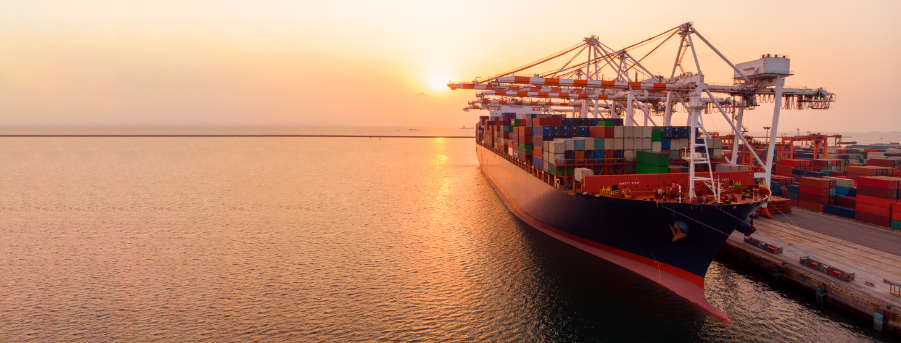
The chief executive of world’s second biggest shipping company Maersk has said he sees little evidence of reshoring by global businesses or indication that global trade growth is going into reverse.
However, Soren Skou said shipping lines could still see a contraction of demand and an expansion of supply after two years of unfettered growth.
Volume down, profits up
“We don’t see our customers moving production back to Europe. They’re spreading it around in Asia,” Skou told the FT. “It’s very difficult to see in the short term or maybe even the mid-term that you will see a dramatic change in the way the world produces consumer goods.”
Although Maersk predicts container shipping volumes will be lower in the first half of 2022 as world economic growth stalls, it is forecasting record earnings in 2022 due to high freight rates, congestion in ports and supply chain problems.
China’s slow rebound
However, the Loadstar reports that China is not seeing a post-lockdown cargo boom following the ending of restrictive pandemic measures in Shanghai.
Fibs Logistics, a transport and logistics company active in East Asia, said Shanghai’s port congestion “basically no longer exists”, adding that the average late arrival was now down to about three days.
Another freight forwarder, Crane Worldwide Logistics, said Shanghai was operating as usual and that the majority of cities outside of Shanghai were now accepting trucks and drivers, with negative Covid test reports.
“The backlog of containerships created during the lockdown period is under control and is systematically being cleared, while some carriers have cancelled or delayed their sailings in the last week of June from Shanghai to the US,” the forwarder said.
Shift away from China
However, the EU Chamber of Commerce in China has warned that European corporate leaders are becoming less tolerant of China’s zero-Covid approach, reports the FT.
“China operations are becoming increasingly isolated due to China-based staff, both foreign and Chinese, being unable to travel to European headquarters for information exchanges, networking, training and the sharing of expertise,” the chamber said in a report.
A survey commissioned by the chamber, and conducted by management consultants Roland Berger, stated almost one-quarter of European companies in China are reviewing their investments, with 23% of the region’s companies “considering shifting” current or planned investments outside China’s borders.
The survey also reported that 90% of respondents were affected by port closures, road freight decreases and increased sea freighting costs.

